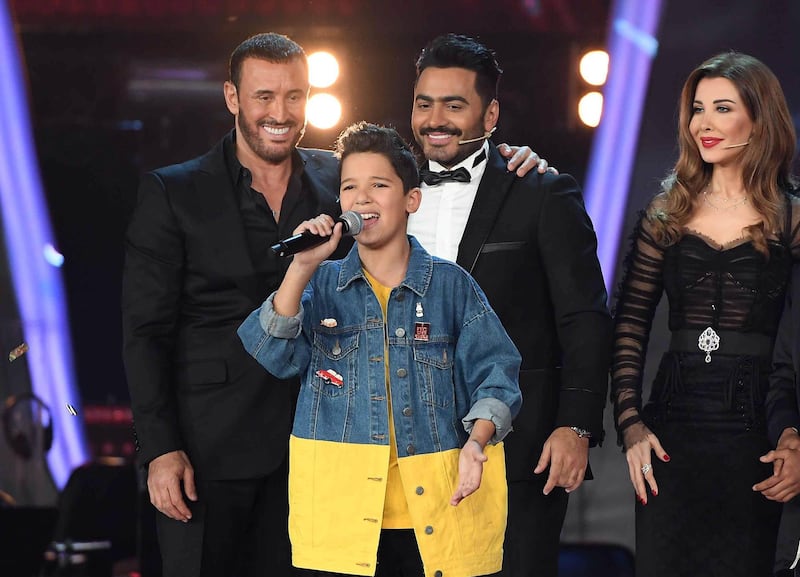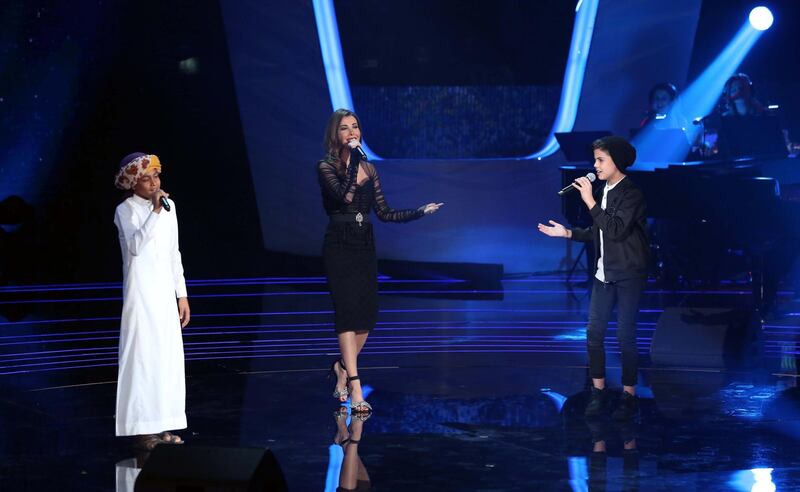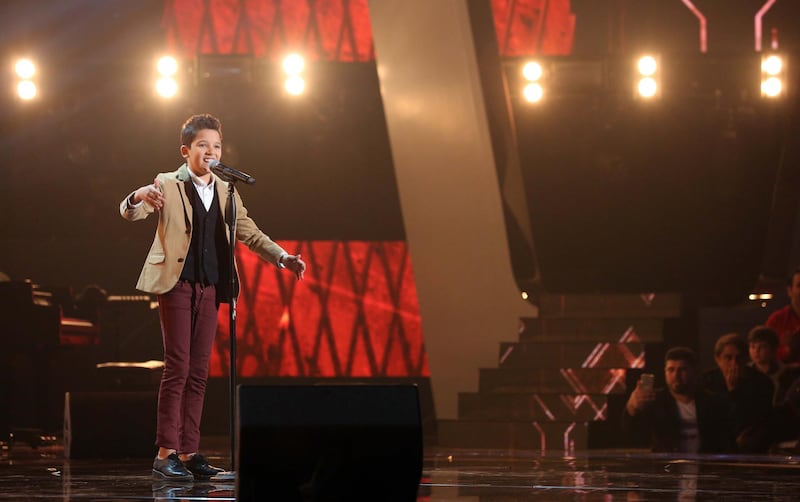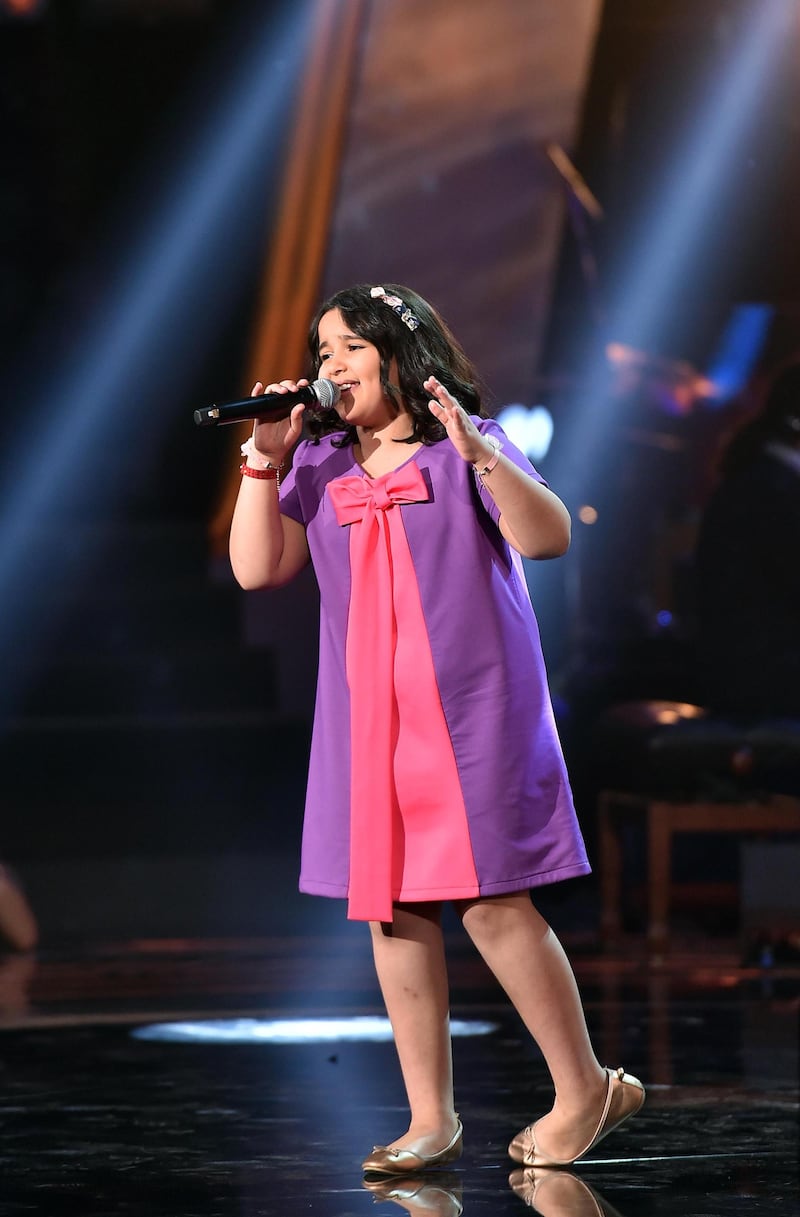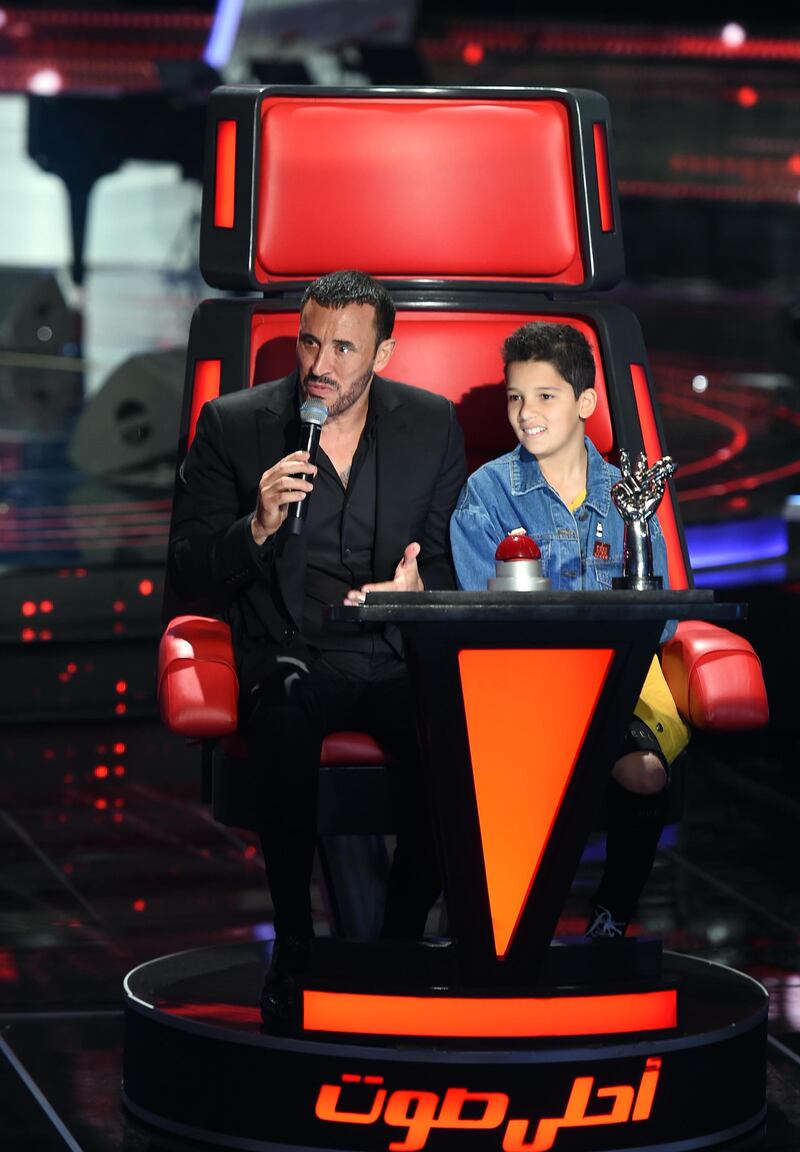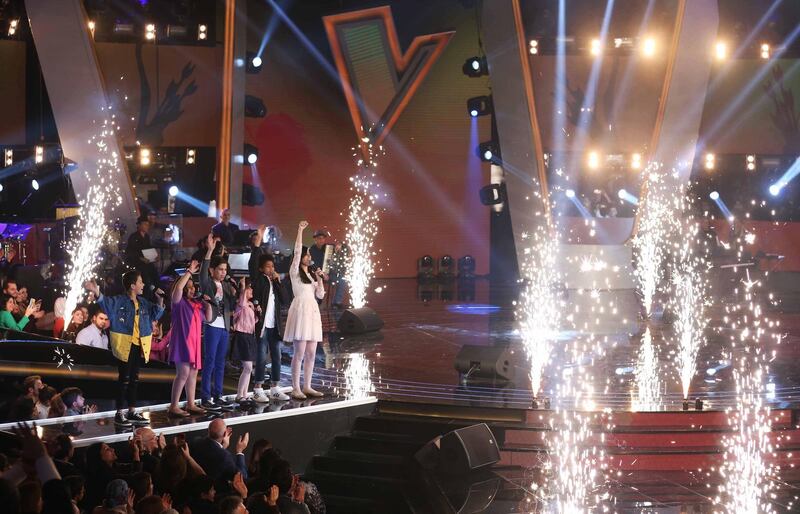I have come to realise that children's talent shows are not for the faint of heart. Sure, there is a lot to enjoy– each week, a bunch of fresh-faced youngsters appear on our television screens, singing their hearts out in an endearing display of innocence.
It serves as a reminder to those adults out there of a time devoid of fear and living in the moment, even if it is just a front.
Having been an entertainment journalist for the best part of a decade, I have covered my fair share of young-talent competitions, from music, food and fashion to egg-and-spoon races at local schools back in Australia. I participated in one such race with a 7-year-old student and subsequently dropped the egg after four steps – his disappointed look still haunts me occasionally.
Let me tell you something: from TV talent shows to local events, these tykes are often quaking in their boots. And when the disappointment comes, as it surely does, it hits hard.
This was all very apparent at the live telecast of the final episode of The Voice Kids in Beirut that I attended last week. Don't get me wrong, it was a great show, super-slick, and Moroccan winner Hamza Lebyed deserved to take the crown thanks to his mountainous 10-year-old voice. But away from the cameras, in the dark corners of the studio, it was a different story, with many contestants wrestling with this newfound notion of defeat. Some handled it through quivering lips, while others couldn't stop the tears.
One of the judges, Egyptian pop star Tamer Hosny, said such experiences are ultimately beneficial to the young contenders. That early taste of defeat and competitive spirit, he reasoned, will arm them with the steely resolve to handle life's future blows.
____________
Read more from Saeed:
Abu Dhabi street cricket evokes a deluge of memories
How VAT has revolutionised my own Abu Dhabi neighbourhood
Mennel Ibtissem moves 'Voice France' judges with Arabic take of Leonard Cohen's Hallelujah
____________
Now that may well be true, and surely that child who lost the egg-and-spoon race would be over it by now, but losing in such a public way, on television, with the added garnish of that moment preserved in the digital sphere forever, is quite another thing.
Hosny told the gathering press that part of the competition’s appeal is that it treats children as adults – as if that is a good thing.
I believe children should be treated as they are – the fact that they view daily life with the wonder of a flower opening should be celebrated, not quashed for the sake of expedited maturity. There will be time for that, believe me.
My sister is almost 15 and, during her recent visit to Abu Dhabi, I secretly mourned that this age can be a time when hurtful words stick. It is the time where newly accumulated disappointments begin to hover in our conscience, instead of being left in the past. And that is only if you lose. Winning can pose its own share of challenges.
The entertainment industry is full of tragic tales of child stars going off the rails due to stress – and many of them did so before the age of social media.
One man who knows all about this is Seong-Jin Cho. The South Korean pianist, and one of the newest stars of the classical music world, concluded his second and final show in the capital last night as part of Abu Dhabi Classics. The 23-year-old's success has come on the back of winning a string of competitions that began as a child. With all that acclaim and success, he is unambiguous about that experiences. "I hate competitions," he told me. "If it was up to me, I would never do one."
